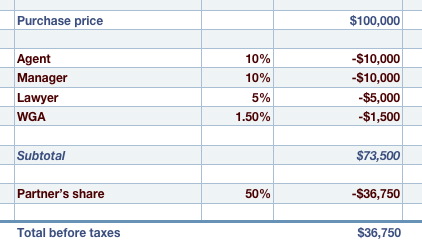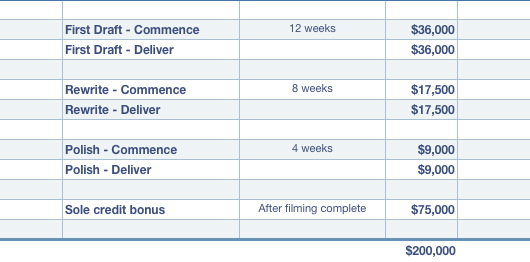My occasional [“How To” articles](http://johnaugust.com/archives/category/how-to) tend to get a good response, but it’s hard for me to show the difference between the process of writing and the product of writing. No matter how long the article, I can’t go through word-by-word, explaining my decisions. [Scrippets](http://scrippets.org) only go so far.
So today, something new. I work through a scene on video with the goal of improving the scene description. This is still very much an experiment, so let me know what you think.
As usual on YouTube, buttons in the bottom-right corner let you go full-screen and/or HD.

